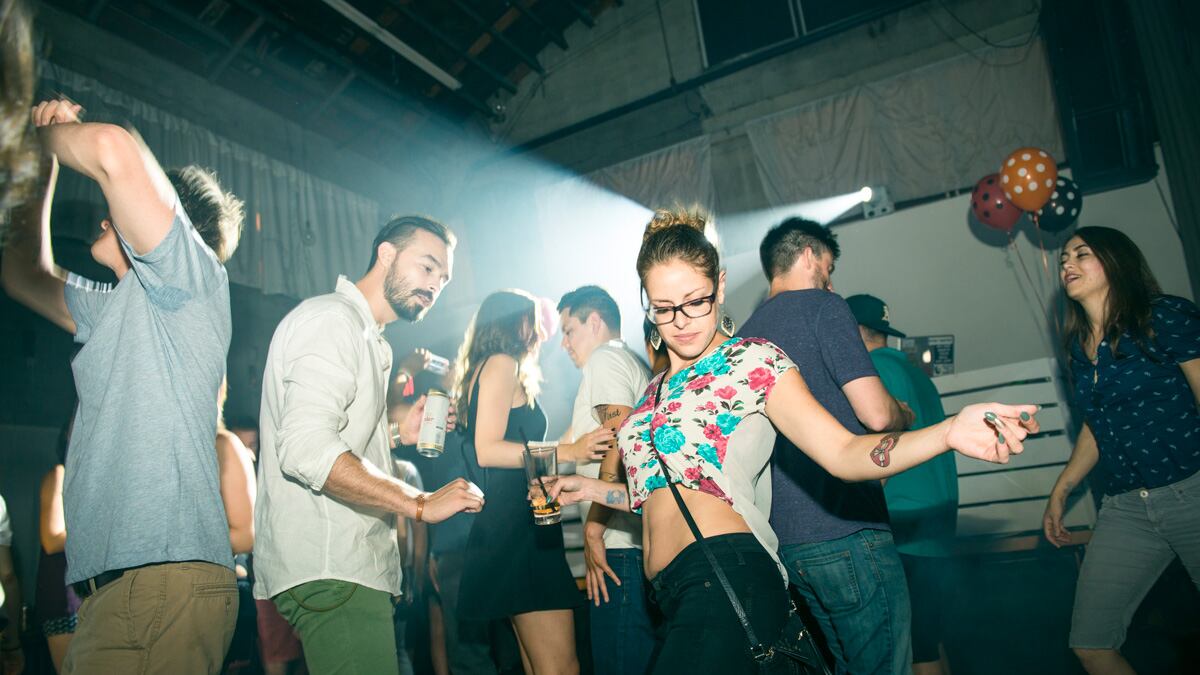When going out isn't allowed, Going In is the only option.
That's the name of a 20-track compilation curated by venerable Southeast Portland dance club Holocene, released to raise money while its doors are closed. Half the proceeds go to the contributing artists, while the rest goes to the venue's ongoing operating and maintenance costs.
But Going In isn't just a fundraising effort—it's an elegy for live music in Portland. The songs are structured in a loose arc that simulates the trajectory of a night at the club.
"It starts with sunset and ends with sunrise," says Holocene talent buyer Gina Altamura. "The songs are kind of a testament to going out, but we called the album Going In as a nod to this time of introspection and this feeling of looking out your window and yearning."
Altamura curated the artists on the compilation, who are mostly acts little known outside the city’s electronic scene. But the idea for Going In came from venue owner Scott McLean, who enlisted Dan Vidmar of Shy Girls to assemble a “sample pack” of sounds for the artists to draw from. Contributors then had 48 hours to assemble their songs.
Most tracks lean toward the more atmospheric end of house and techno, as if imagining what one of Holocene's wildest club nights might sound like in the hazy memories of a house-bound partier. The rest are largely ambient, making ample use of the field recordings Vidmar snuck into the sample collection.
The most surprising track is "Cascadia Friday," by Portland producer Paul Dickow, who records as Strategy. Clubbier and goofier than the beatless ambient soup he's known for, Dickow says he was trying to invoke the music that was popular at the club shortly after it opened in 2003, when he'd often perform DJ sets as a warmup for touring acts. Dickow describes Holocene as a godsend for electronic music in Portland during the early 2000s.
"There weren't a lot of spaces for electronic music, but there also just wasn't a lot to do," he says. "Portland used to be a lot more boring, even worse if you weren't 21. A lot of people are too new to Portland to remember those days, but that's what it'll be like if we let all these institutions die."
Related: Holocene Throws Virtual Club Nights so You Can Literally Dance Like No One Is Watching.
